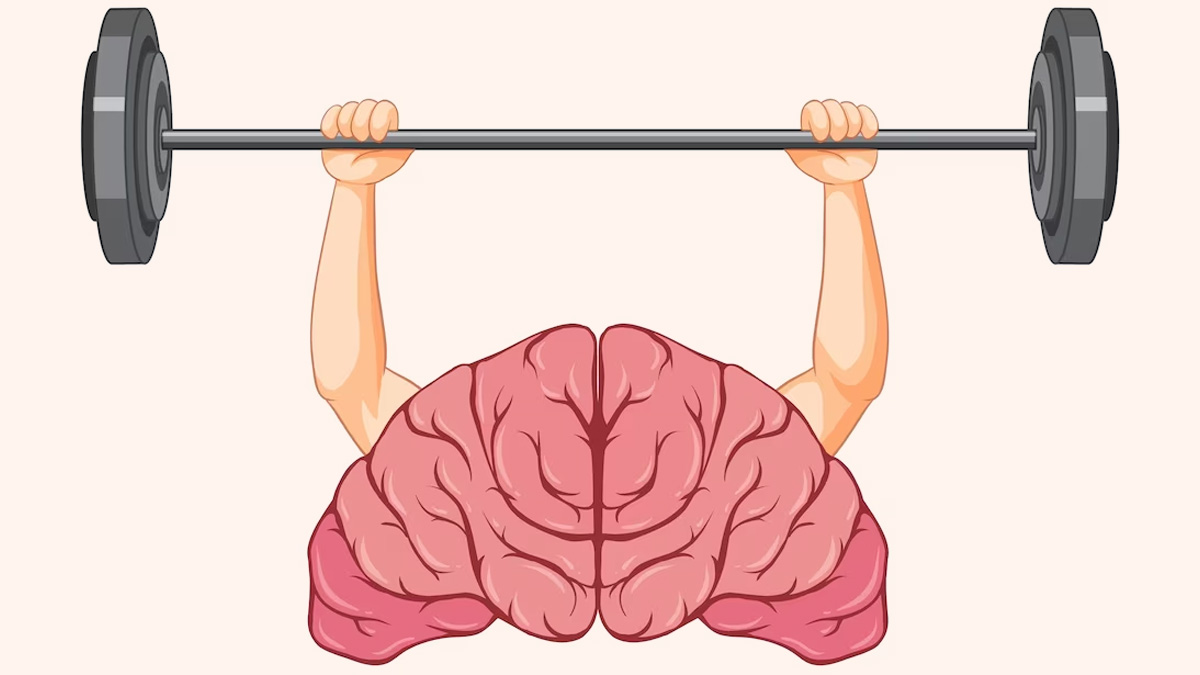
In our everyday lives, we often witness individuals who, after a break from training, quickly regain their strength and muscle mass. This is also frequently seen among seasoned athletes who take time off due to injury or intermediate-level individuals who have temporarily paused their training routine. Observing these instances, one can see the power of muscle memory at work, allowing individuals to bounce back faster than those starting from scratch. So, if you're new to working out or looking to change, let's start with knowing what muscle memory is, how long it lasts, and more.
Table of Content:-
What Is Muscle Memory?
Muscle memory refers to the ability of the muscles to "remember" past training and adapt more rapidly when you resume a previously trained activity. According to Karnal-based K11 certified fitness trainer Jayant Jawa, "When you engage in repetitive physical activities such as weightlifting, resistance training, or specific sports, our muscles undergo functional changes and forms pattern of that movement."

How Long Does Muscle Memory Lasts?
Jawa stated that the duration of muscle memory varies from person to person and depends on factors such as training history, training intensity, and duration of detraining. The exact duration may differ based on individual factors, but the adaptive changes that occur during initial training provide a foundation that can be built upon even after a break.
Also Read: Daily Workout: The Beginner's Workout Guide For Weight Loss & Muscle Gain
How Muscle Memory Helps With Body Transformations
1) Quick Muscle Gain
Muscle memory allows individuals to regain strength and muscle mass more quickly after a period of detraining. Jawa stated that when individuals return to their previous training routine, their muscles can rebuild and regain the lost muscle mass faster than when they initially started.

2) Improved Skill
Muscle memory is not limited to strength and muscle gains. It also applies to motor skills and movement patterns. "Individuals who have performed any specific exercise or sports movements in the past can regain their skill levels more rapidly than beginners," Jawa said. This enables them to fine-tune their movements and excel in their chosen discipline more efficiently.
3) Efficient Progression
Muscle memory can make the path back to one's prior fitness level more fun and less intimidating for people who have a history of training. Since their muscles have a recall of the previous training stimuli, Jawa claims that this enables them to advance more quickly than newcomers.
Also Read: 5 Common Muscle-Building Mistakes Hampering Your Newbie Gains
4) Practise Progressive Overload
Jawa recommended that to make the most of muscle memory, it is essential to focus on progressive overload when returning to training. Gradually increasing the intensity, volume, or complexity of exercises will challenge the muscles and stimulate further adaptation. By progressively overloading the muscles, individuals can optimise their body transformations and continue to see visible results.
[Disclaimer: The information in this article is provided by a registered medical practitioner. However, we recommend you consult your healthcare provider for accurate diagnosis and treatment.]
Image Credit: Freepik
Also watch this video
How we keep this article up to date:
We work with experts and keep a close eye on the latest in health and wellness. Whenever there is a new research or helpful information, we update our articles with accurate and useful advice.
Current Version